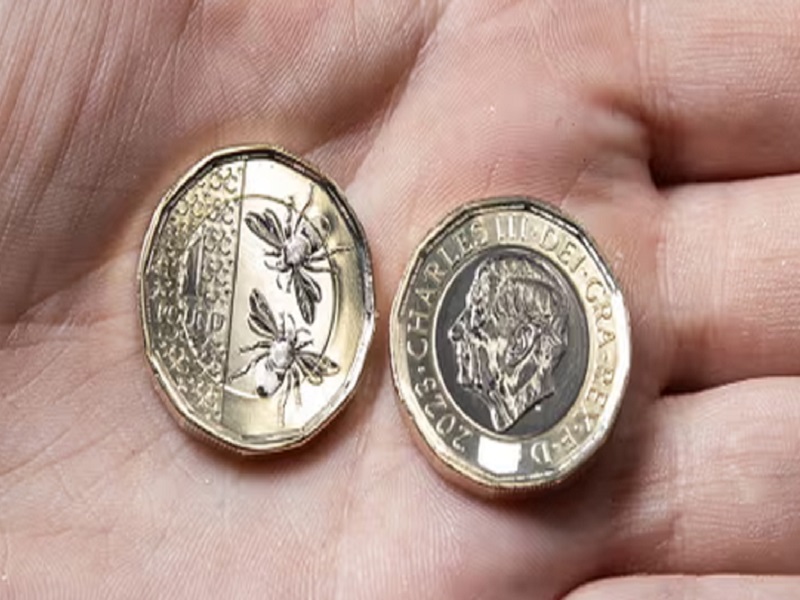Blood sugar (glucose) control is crucial when you’re living with type 2 diabetes. Dips and spikes can not only make you feel cranky and sluggish, but they can also wreak havoc on your personal health. (No wonder your primary care doctor was on you about your last A1C checkup.)
The most serious effects of blood sugar swings are a higher risk for diabetes-related health complications such as stroke, heart disease, and nerve damage (neuropathy).
You Have Diabetes If One Of The Following Applies To You:
Your blood glucose after fasting (and before a meal) is 126 milligrams per deciliter Your blood glucose two hours after eating a meal is 200 mg/dl or higher. Your hemoglobin A1C (a two- to three-month average measure of how much glucose attaches to the hemoglobin in your red blood cells) is 6.5 percent or higher.
How And When To Check Your Blood Sugar Levels
Medical experts say, glucose monitoring can be an important tool to help you get your blood sugar under control. Typically, you would do it yourself using a glucose meter or glucometer, which analyses a drop of blood that you draw by sticking your finger with a lancet and placing the blood on a disposable test strip that you insert into the meter. Your blood sugar goals are set by you and your doctor, but blood glucose for an adult without diabetes is below 100 mg/dl before meals and at fasting; and less than 140 mg/dl two hours after a meal.
Some people will check their blood sugar daily or multiple times a day, sometimes using a continuous monitor that is worn on the body — particularly those who have type 1 diabetes or who have type 2 but take insulin. Yet how frequently a person should monitor their blood sugar is based on a number of factors, including (but not limited to) whether they’re on insulin, whether they’re taking oral medication, and how well their blood sugar is controlled and how old they are. Checking too often can lead to unwarranted panic over daily fluctuations, as well as unnecessary pain from too-frequent lancet pricks, reports have pointed out.
The American Academy of Family Physicians is among the organisations advising that daily glucose self-testing has no benefit in patients with type 2 diabetes who are not on insulin or medications associated with hypoglycemia.
Key Warning Signs And Symptoms That Blood Sugar Is Too High
- Being Extra Thirsty And Having To Urinate More Than Usual:
This is a common but not-so-obvious sign of blood sugar that is too high: feeling really thirsty and needing to drink more than usual. “Excessive urination, known as polyuria, occurs when glucose builds up in your blood, and your kidneys begin working harder to get rid of the extra glucose,” says Dr Azugo Sunday. He said, ‘If your kidneys can’t keep up and adjust blood sugar so that it returns to a normal level, the excess sugar is flushed out of your body through urine, she adds. You may become dehydrated and get dizzy.
You’re Hungrier Than Usual But Losing Weight:
Many people with uncontrolled high blood sugar find that they’re hungrier than usual, which signals a symptom called polyphagia, MedlinePlus notes. And although you’re eating more, you may be losing weight for no apparent reason if your blood sugar levels are too high, according to the Cleveland Clinic.
“Since your body is not getting energy from the preferred source, glucose, it has to turn to muscle and fat, Clinic explained. “When your body starts breaking down muscle and fat for energy, you experience unintentional and unhealthy weight loss.” In addition to these changes in weight and appetite, you may notice weakness in your muscles and experience more frequent fall
You Feel Tiredness And Fatigue Constantly
Fatigue and extreme tiredness are symptoms of uncontrolled blood sugar, the Cleveland Clinic has added. Simply put, when your body is not processing insulin properly or it doesn’t have sufficient amounts of insulin, the sugar is staying in our blood rather than getting into our cells to be used for energy,” They further explained. Also, frequent urination can lead to dehydration, which they identifies as another contributing factor to fatigue.
You Have Noticeably Blurry Vision And Frequent Headache:
You may notice that your vision isn’t as clear as it used to be and that things may appear a bit blurry. High blood sugar levels can lead to swollen lenses in your eye from fluid leaking in, according to the National Institute of Diabetes and Digestive and Kidney Diseases (NIDDK). This changes the shape of the lens, which makes it unable to properly focus, causing blurred vision. You may also find yourself struggling at work, having difficulty driving, and suffering from frequent headaches.
You Develop Sores That Tend To Heal More Slowly Than Usual
Cuts, scrapes, bruises, and other wounds heal more slowly in the presence of uncontrolled blood sugar, according to the NIDDK. Diabetes causes nerve damage and affects circulation, especially in the lower legs and feet, which can delay healing because there isn’t enough blood flow to the area. Even minor wounds are more prone to infections, which can become very serious and even result in amputations of the foot.
LEADERSHIP































































